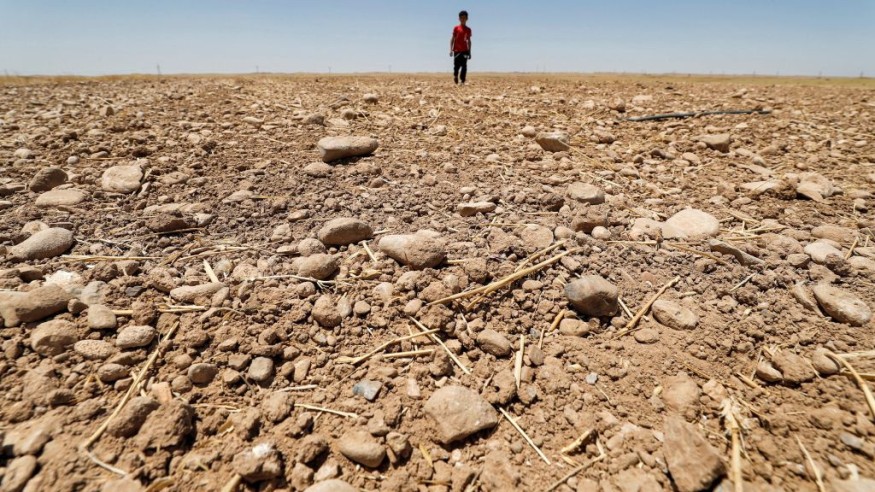Heatwaves have been reported to be overlooked on the list of natural disasters in contemporary times.
In spite of growing data concerning the natural phenomenon, thousands of deaths have been attributed to extreme heat over recent years.
In its latest worst case, a record-breaking heatwave was recorded in India and Pakistan, reaching way beyond above-average temperatures.
The unprecedented heatwave has affected at least a billion people, in what climate scientists have feared to be one of the consequences of global warming.
Scorching Temperatures

In a report by The World Economic Forum on Monday, May 9, temperatures have exceeded 40 degrees Celsius for the two countries last month due to unprecedented heatwaves, as part of a prediction of scientists as claimed by an expert.
In India, the central and northwest regions saw their all-time high temperature since the recording started 122 years ago.
Meanwhile, Jacobabad in Pakistan reached 49 degrees Celsius last weekend, as cited by the international organization.
The event also highlights the social and infrastructural repercussions when extreme weather is fueled by the climate crisis.
This is reportedly evident as both India and Pakistan are suffering from energy shortages when the extreme heat struck.
Local authorities in some states in India have also closed schools since a heatwave can be hazardous to the health of students.
Often overlooked, as claimed by multiple reports, a heatwave is responsible for many deaths worldwide.
Some of the common health hazards brought by prolonged scorching temperatures are dehydration and stroke.
According to the World Health Organization (WHO), a heatwave or hot weather is one of the most dangerous natural hazards, which has led to the deaths of over 166,000 people, including 70,000 people who died in Europe during the heatwave of 2003.
This year, heatwave weather forecasts have been issued as far as the United States and the UK.
Global warming, fueled by, human-induced greenhouse gas emissions and the burning of fossil fuels trigger the greenhouse gas effect, paving the way for the warming of the planet due to solar heat-absorbing greenhouse gases (GHGs) in the atmosphere.
April Heatwave Forecast
The Indian Meteorological Department (IMD) previously issued a month-long heatwave forecast across India for April.
Additional areas in the South Asia region were also forecasted to be possibly affected by extreme heat, as cited by The Economic Times.
The India-based media outlet emphasized the heatwave during April between 2017 and 2021 is not rare.
However, there is a growing concern among climate scientists that the soaring temperatures in India and Pakistan are a manifestation of climate change and global warming.
Climate Change and Global Warming
Following the heatwave, reports have emerged in India in early May regarding the warning scientists, claiming that the South Asian nation has experienced an intense summer due to climate change, according to IMD, as cited by New Delhi Television (NDTV).
With the continuance of global warming, extreme heat will become more common.
In the case of India and Pakistan, this climate crisis is crucial in both countries which have been rattled by poor air quality, especially in major cities.
Related Article : April Heatwave 2022: IMD Issues Forecast for Extreme Heat Across India
© 2025 NatureWorldNews.com All rights reserved. Do not reproduce without permission.





